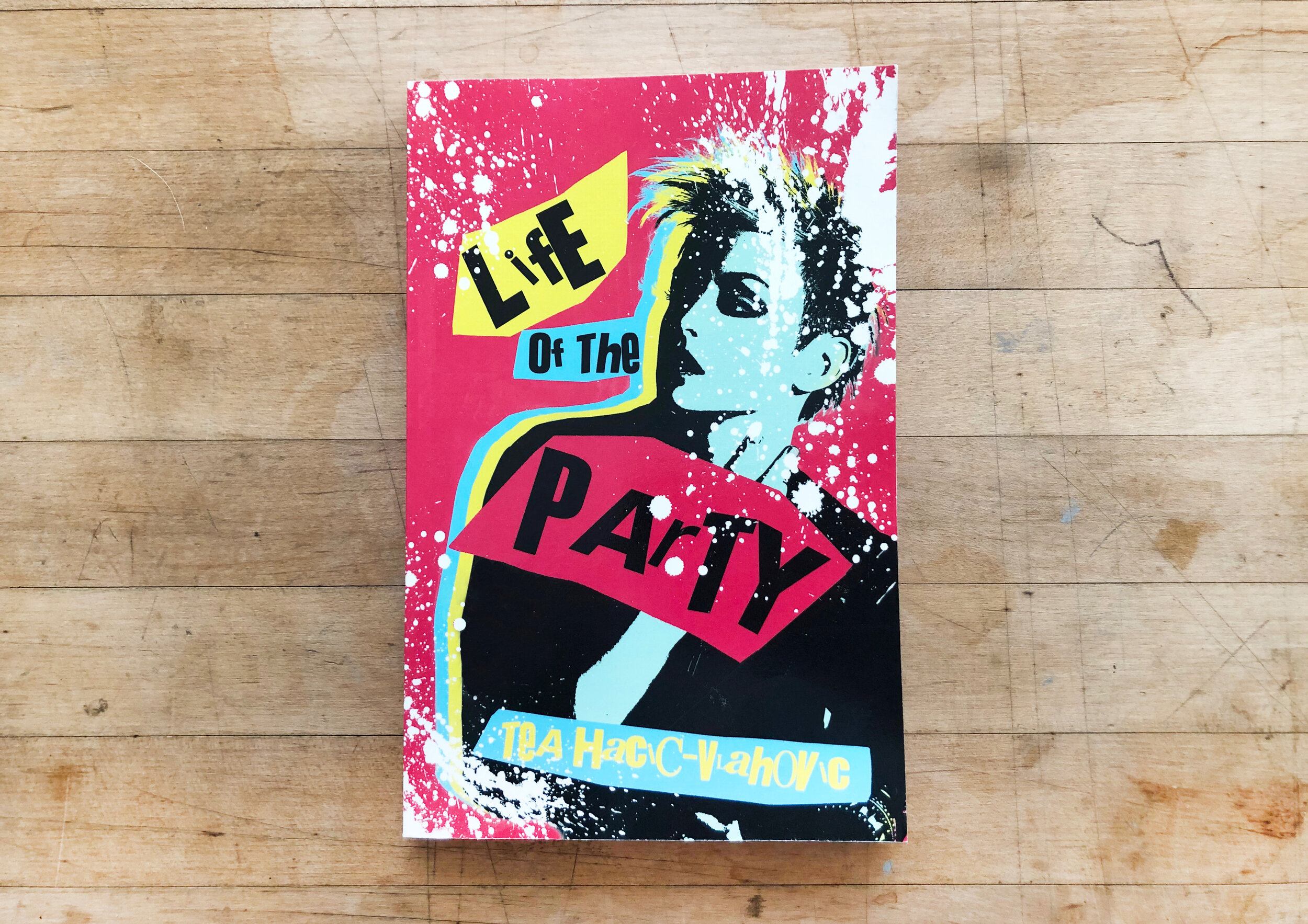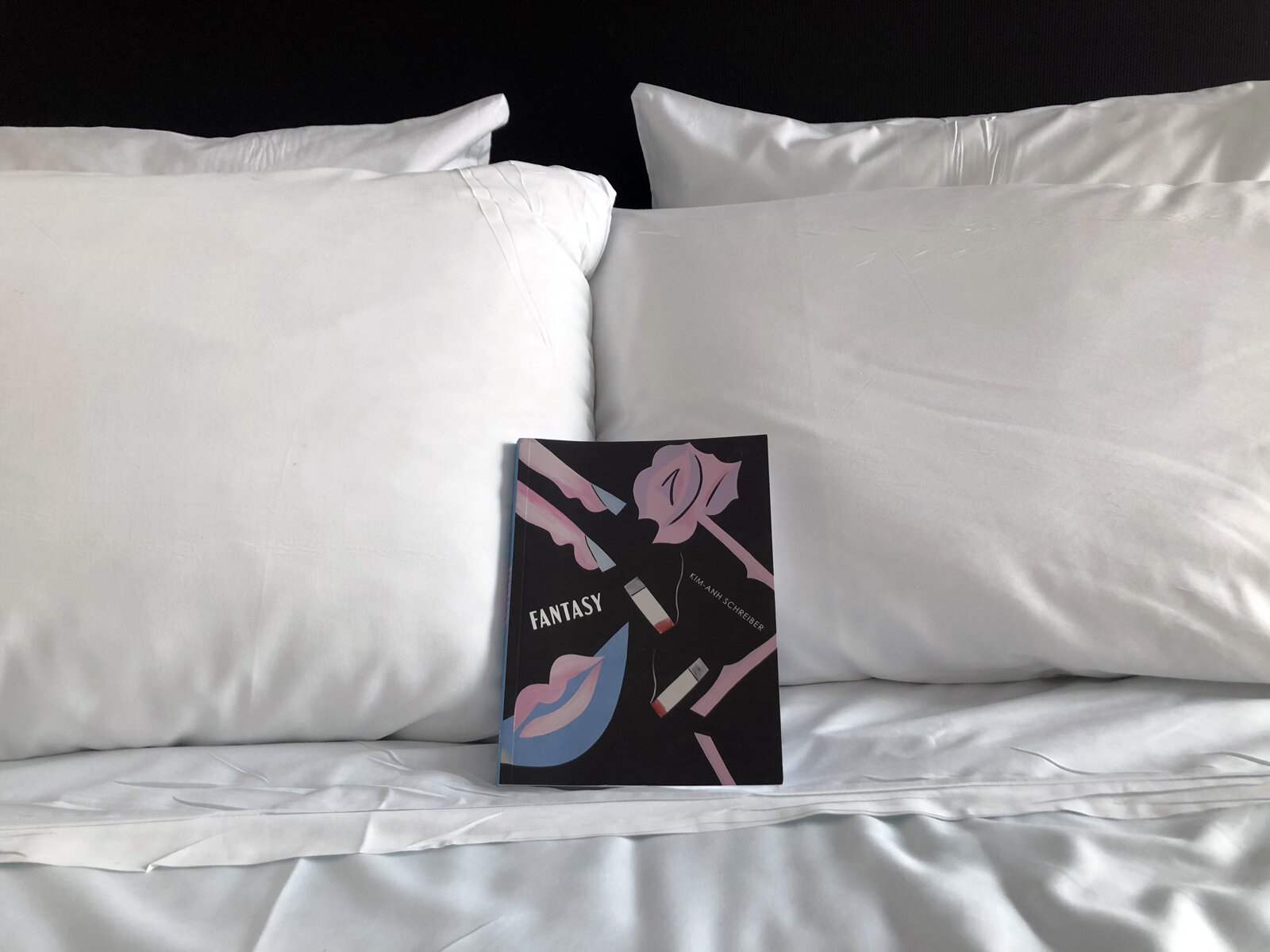Until Semiotext(e) published Love Me Tender, Constance Debré was unknown in the United States. Like most French novelists, Debré’s life and literary career happen in Paris, a city she’s called home since birth, a city that seems to have shaped her classic French distaste for many current American cultural exports and obsessions. And perhaps it’s that Parisian je ne sais quoi that helps explain, in part, Love Me Tender’s splashy reception among American literati. Few foreign novels get translated and even fewer receive glowing reviews in The New Yorker, The Guardian, and The LA Review of Books. So, why is this novel appealing to Americans? And what does its embrace say about US literature?
Love Me Tender follows an unnamed narrator who abandons her bourgeois marriage and law job to become a writer. Along the way, the protagonist loses custody of her young son after her spurned ex-husband weaponizes her newfound lesbianism against her. In a surreal literary twist, the ex-husband’s attorney convinces the courts that her collection of books by Genet, Bataille and de Sade prove her degeneracy and the embittered ex wins full custody. As the narrator’s legal appeals inch through the French courts, she writes, swims and takes many lovers, her months punctuated by awkward, chaperoned visits with her son at a state-run center once every fifteen days. Love Me Tender is a painful examination of motherhood, family, and the lines an artist must draw between themself and the world. But it’s also a punky take on sex and freedom drawn from Debré’s own biography, though the novelist provocatively insists that the book is not ‘about’ her.
Reading the novel in LA during the waning days of 2022, I couldn’t help but see in it a rebuke of the current literary moment, one often critiqued as straight-jacketed by moral and social objectives. On the other hand Love Me Tender is deliciously French, the narrator unsentimental, blasé even about choosing literature over motherhood, responsibility, and the trappings of upper-middle-class life.
Originally, Debré and I met at the LA launch of Love Me Tender in October, 2022. After inhaling the novel, I invited her to read at my reading series Casual Encountersz — I was curating one in Paris and Debré enthusiastically accepted. Though a health issue ultimately kept her from the event, we met the following afternoon at Chez Jeannette, a bistro in Strasbourg Saint Denis popular among Parisian artists, writers, and glitterati. Debré, like the narrator in Love Me Tender, has a swimmer’s build and in person she’s warm and intellectual, kind of grand in her own way, gently tapping sugar crystals into an espresso, often palming her buzzed head of hair. Despite the lousy January weather, we sit outside, Debré across from me with her back to the street, just beyond Chez Jeannette’s awning. Though it drizzles throughout our conversation, Debré seems indifferent to the rain. Read more.



